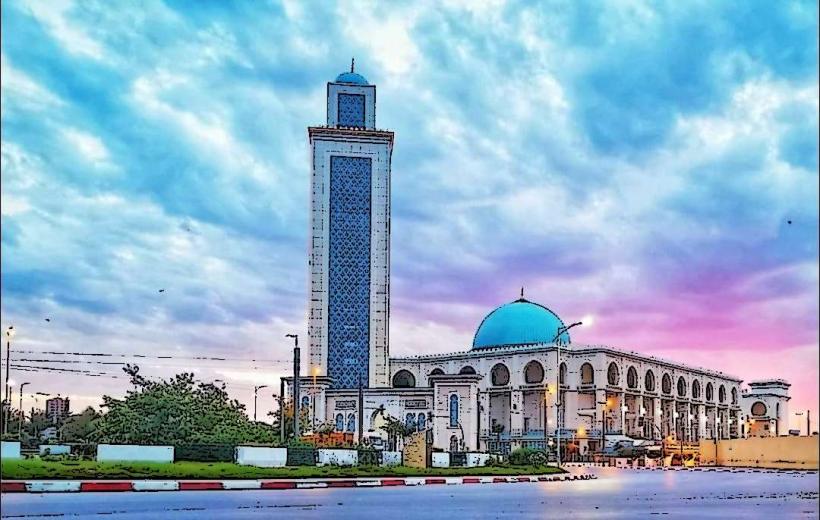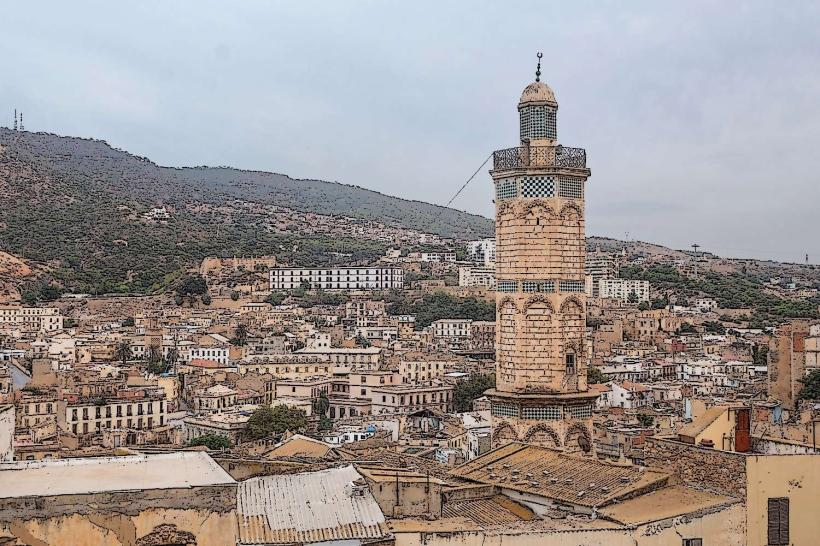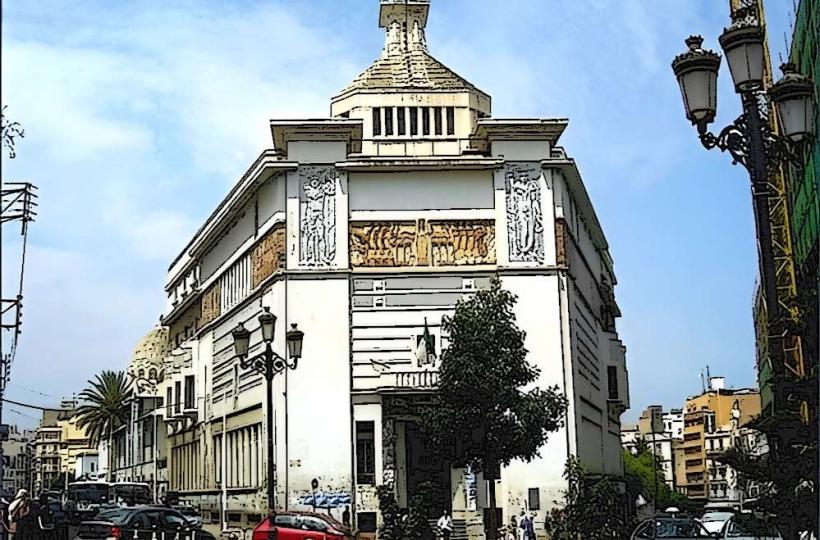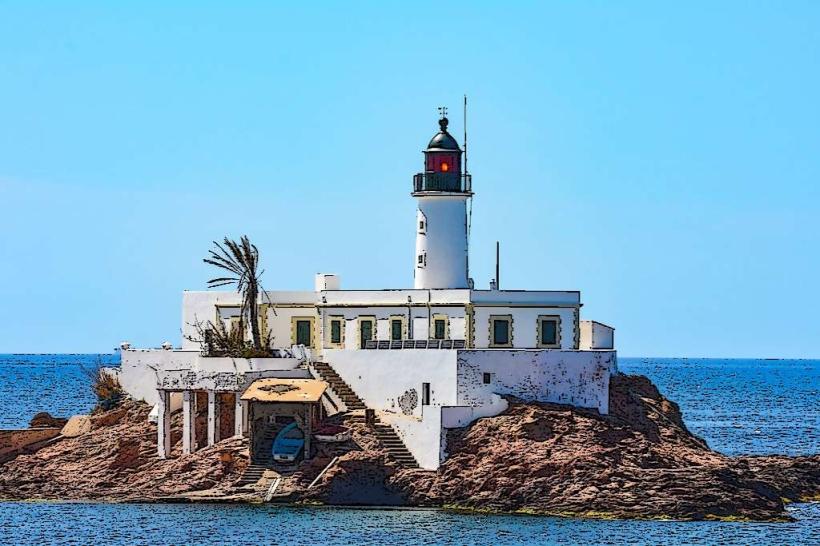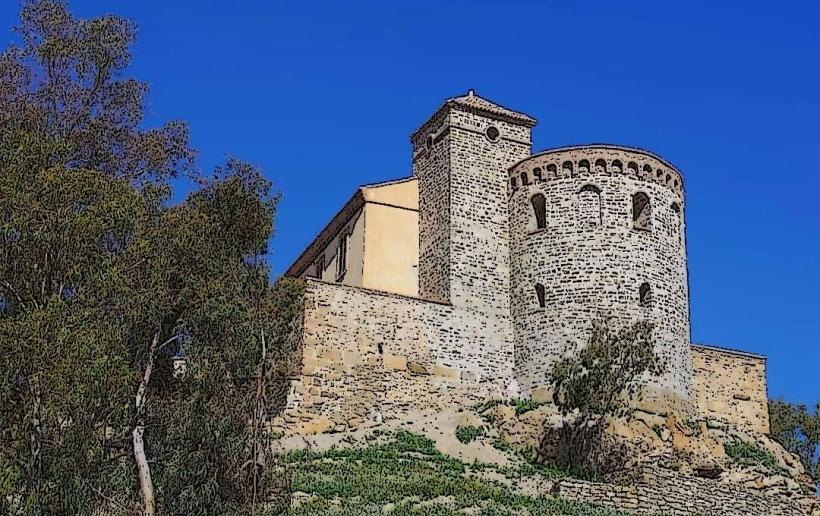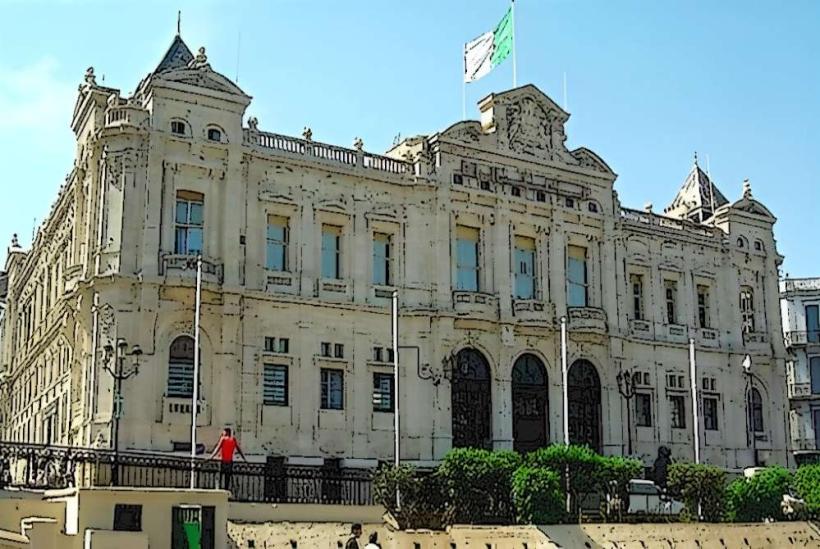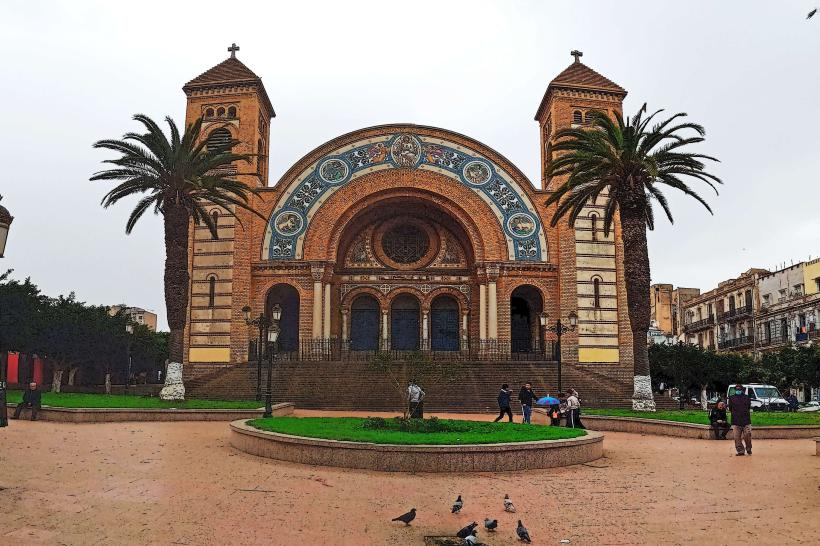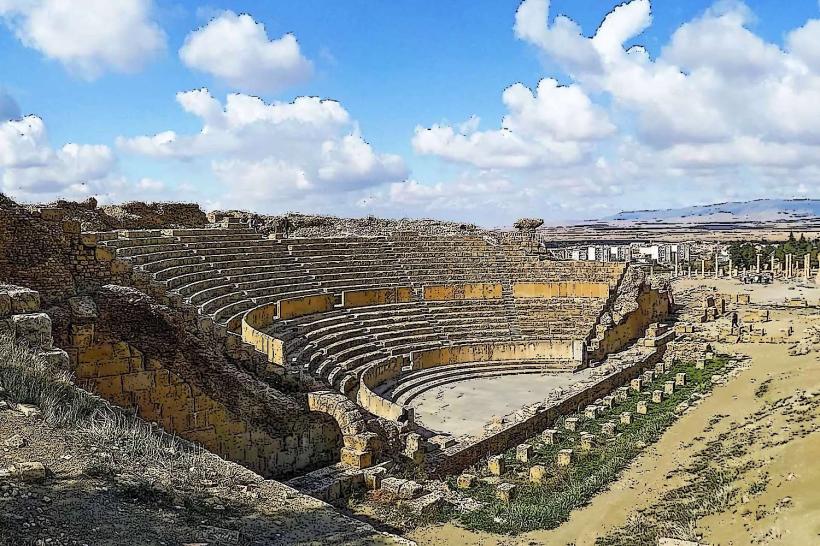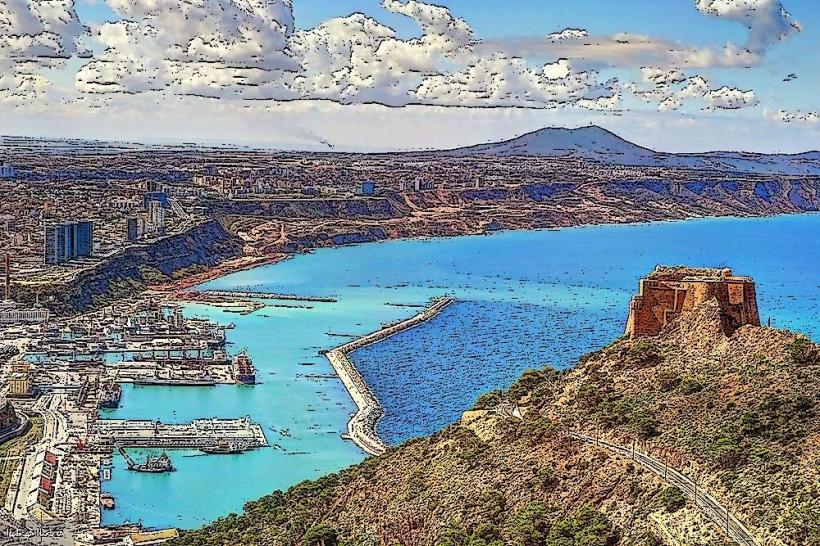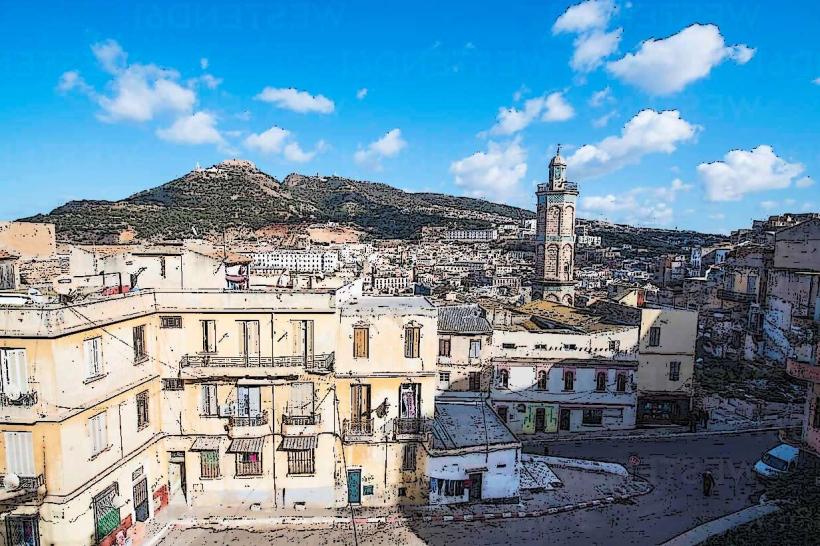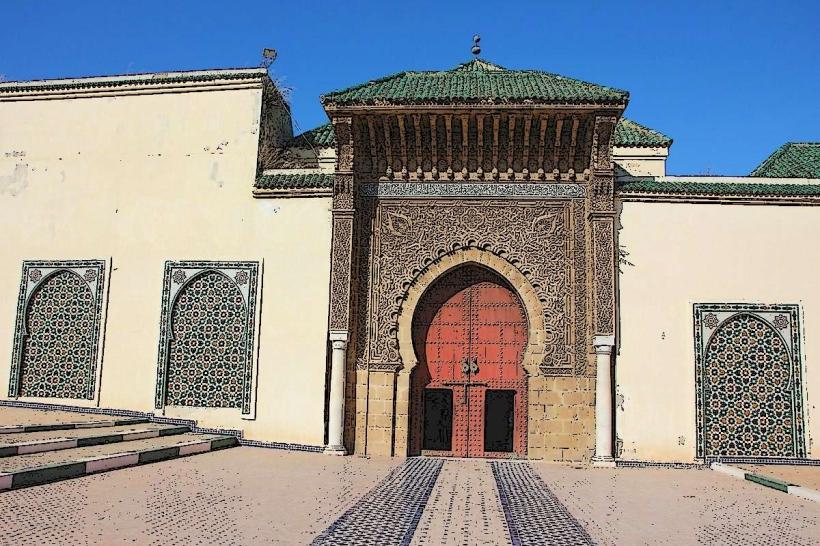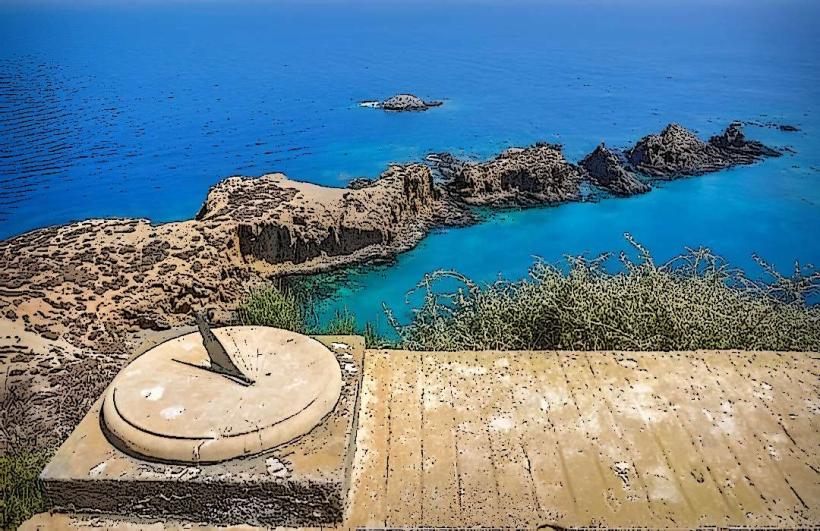Information
City: OranCountry: Algeria
Continent: Africa
Oran, Algeria, Africa
Oran functions as the primary maritime and industrial pivot of western Algeria. Situated on the Mediterranean coast, it serves as a specialized node for petrochemical export, international maritime logistics, and Mediterranean cultural diplomacy. In January 2026, the city is defined by a state of transactional formalization as new financial laws reshape its real estate sector and industrial logistics.
Historical Timeline
903 AD: Founded by Andalusian Moorish traders; specialized as a strategic trade link between Iberia and the Maghreb.
1509–1792: Spanish period; characterized by the construction of heavy fortifications, including Santa Cruz.
1831–1962: French colonial period; Oran became a high-density European-majority city, influencing its unique "Petit Paris" architecture.
2022: Hosted the 19th Mediterranean Games; catalyzed a specialized modernization of the city's sporting and hospitality infrastructure.
2025 (Dec): Hosted the 12th "Oran Process" forum on peace and security, anchoring its role in African diplomatic coordination.
2026 (Jan 1): Financial Regulatory Shift. The 2026 Finance Law came into effect, mandating that all property transactions be routed through formal banking channels, effectively ending the historical reliance on informal cash liquidity in the Oran housing market.
Demographics & Population
The metropolitan population is approximately 983,000 (2026 estimate), reflecting a 1.76% annual growth. The demographic is characterized by a specialized urban agglomeration that includes adjacent suburban areas like Es Sénia and Bir El Djir. Oran remains Algeria's second-largest city and its primary western economic engine.
Urban Layout & Key Districts
Oran Centre (Plateau): The specialized administrative core; features colonial-era boulevards and the "Place du 1er Novembre."
Akid Lotfi: A specialized modern and upscale district; serves as the primary node for international dining, retail, and high-standing residential stock.
Bir El Djir: The specialized eastern growth corridor; home to the new Olympic Stadium, the USTO university campus, and major administrative headquarters.
Canastel: A specialized luxury residential node; characterized by sea-view villas and high-fidelity coastal urban planning.
Sidi El Houari: The specialized historical core; contains the oldest layers of the city including Spanish and Ottoman ruins.
Top City Landmarks
Fort Santa Cruz: A specialized 16th-century fortification on Mount Murdjadjo; provides the primary tactical view of the Oran harbor and the Mers El Kébir naval base.
Abdelhamid Ben Badis Mosque: A specialized architectural landmark featuring a 104-meter minaret and a retractable roof, combining Ottoman and modern styles.
Musée National Ahmed Zabana: A specialized cultural node documenting the city’s natural history and the Algerian War of Independence.
The Front de Mer: A specialized 2km seaside promenade; the city’s primary social interface and leisure node.
Le Théâtre de la Fourmi: A specialized node for contemporary arts and independent theater in the city center.
Transportation & 2026 Logistics
Oran Tramway: The specialized 18.7km light rail system; currently the primary node for north-south urban mobility.
Béchar–Tindouf–Gara Djebilet Rail: In early 2026, technical trials began for this 950km heavy-haul line; while inland, it is a critical logistical feed for Oran’s export ports.
Ahmed Ben Bella Airport (ORN): A specialized international gateway; in 2026, it is managing increased capacity following the 2025 terminal upgrades.
Port of Oran: A specialized multimodal maritime hub; undergoing modernization to enhance its role in the Mediterranean container trade.
Safety & Environment
The general safety level is Medium. Warning: As of January 2026, authorities have increased monitoring of formal financial transactions to comply with the new Finance Law. Environmental Note: Oran is a high-priority node for the "Desalination Emergency Program" 2026, with local plants undergoing capacity upgrades to mitigate chronic water stress in the western region.
Local Cost Index (2026 Estimates)
1 Night (Secure Business Hotel): DZD 12,000 – 22,000 (€80 – €150)
Median 2-BR Apartment Purchase: DZD 10,400,000 (~$75,000)
Standard Monthly Utility Bill (90 $m^2$): DZD 5,000 – 10,000
One-way Public Transport Ticket: DZD 40 – 60
1L Gasoline: DZD 45.00
Facts & Legends
Oran is the site of the "Legend of the Plague," as it served as the specific setting for Albert Camus' 1947 novel The Plague. A verified fact is that Oran is the birthplace of Raï music, a specialized genre of Algerian folk music that achieved global recognition. Historically, the city was the site of the "Attack on Mers-el-Kébir" (1940), a pivotal WWII naval engagement. In 2026, the city remains the specialized epicenter for "North African Property Negotiation," with current market data showing a 5–12% discount trend on asking prices as the market adjusts to bank-led transaction rules.

